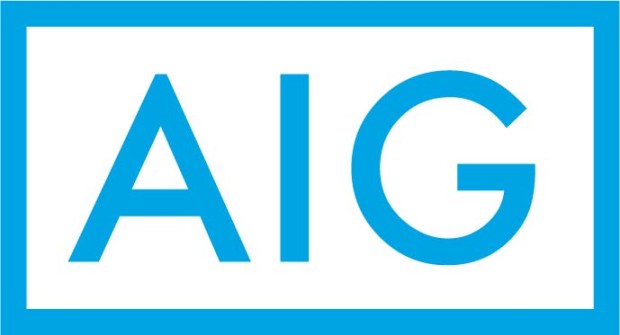American International Group Inc, the biggest U.S. commercial insurer by premiums, reported a bigger-than-expected quarterly operating loss, hurt by weak underwriting and lower returns on investments in a turbulent market.
Shares of the company, which boosted its share buyback program and dividend, fell 1 percent in after-hours trading.
AIG is facing pressure from activist investor Carl Icahn to split into three – an idea that has been rebuffed by Chief Executive Peter Hancock.
The company is cutting costs as its underwriting business struggles with falling rates for commercial property and casualty insurance.
The insurer, which has frozen its employee pension plan, is looking to cut its gross general operating expenses by another $1.6 billion by the end of 2017.
AIG reported an after-tax operating loss attributable to the company of $1.35 billion, or $1.10 per share, for the fourth quarter ended Dec. 31.
Analysts on average were estimating a loss of 93 cents per share, according to Thomson Reuters I/B/E/S.
The company’s commercial property and casualty insurance business, traditionally AIG’s forte, posted a pre-tax operating loss of $2.34 billion, as the company strengthened its reserves.
AIG added $3.6 billion pre-tax to its non-life loss reserves to cover shortfalls during the quarter.
Net Investment income at the unit fell about 34 percent to $730 million.
AIG, which traces its roots to a two-room office in Shanghai in 1919, said it would buy back an additional $5 billion of its shares and raised its quarterly dividend to 32 cents per share from 28 cents. AIG repurchased about $10.7 billion of shares in 2015.
The company’s catastrophe-related losses at its commercial property and casualty unit rose more than six-fold to $213 million.
The unit’s combined ratio jumped to 161.5 percent from 103.4 percent.
A ratio below 100 percent means an insurer earns more in premiums than it pays out in claims.
The company’s shares closed at $50.52 on the New York Stock Exchange.





















 From Skill to System: The Next Chapter in Insurance Claims Negotiation
From Skill to System: The Next Chapter in Insurance Claims Negotiation  Machine Learning for Mutuals: What’s Working, What’s Not, and What’s Next
Machine Learning for Mutuals: What’s Working, What’s Not, and What’s Next  New Texas Law Requires Insurers Provide Reason for Declining or Canceling Policies
New Texas Law Requires Insurers Provide Reason for Declining or Canceling Policies  The Future of HR Is AI
The Future of HR Is AI 




